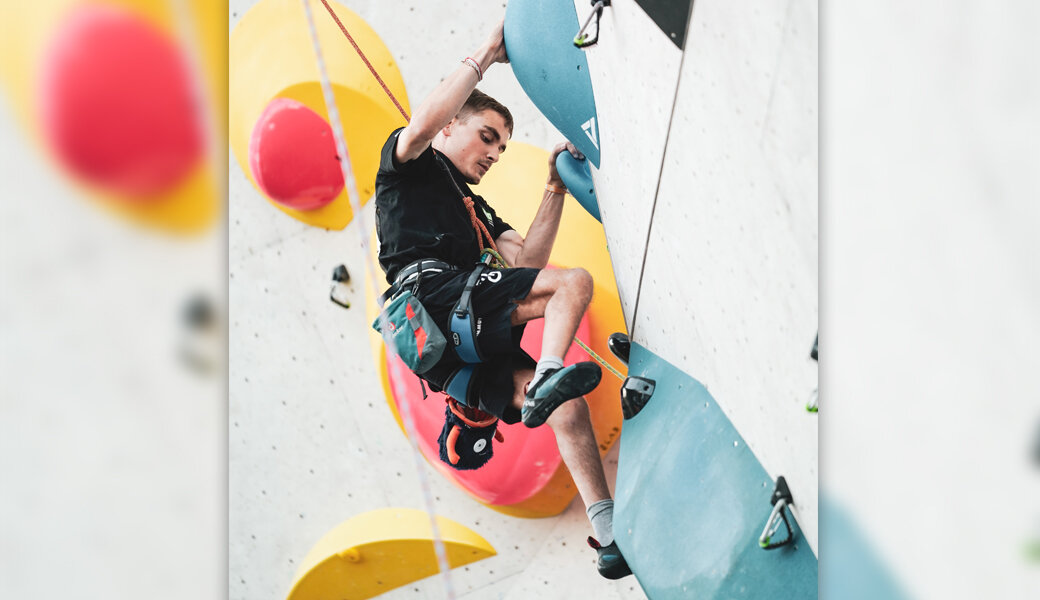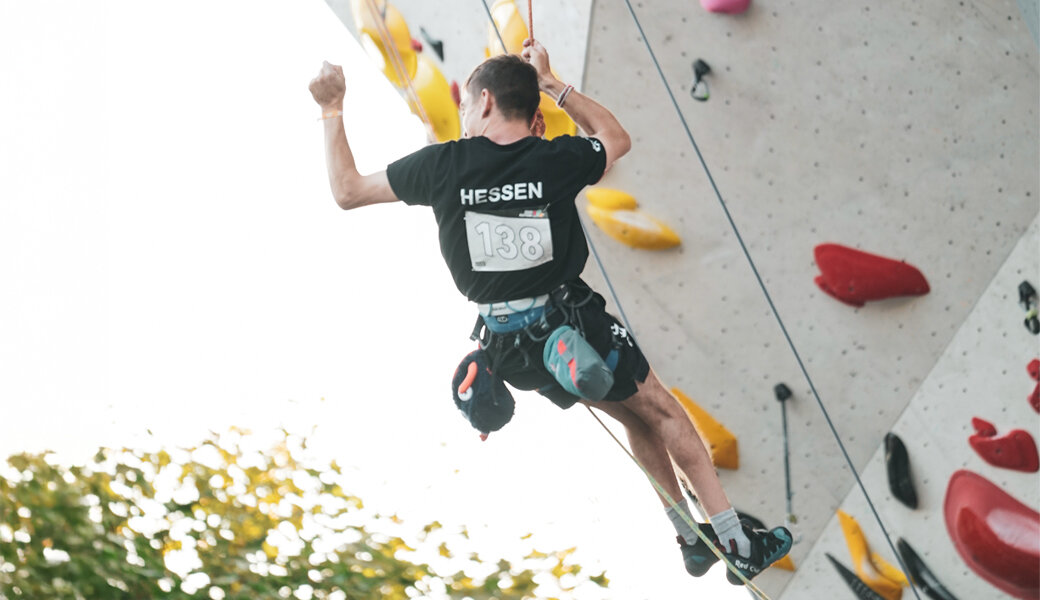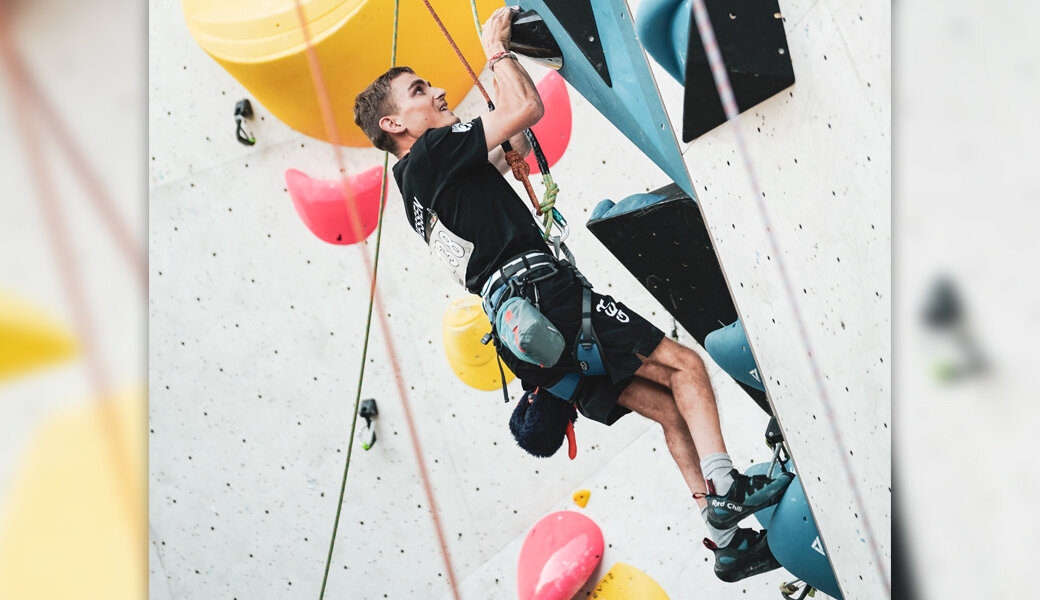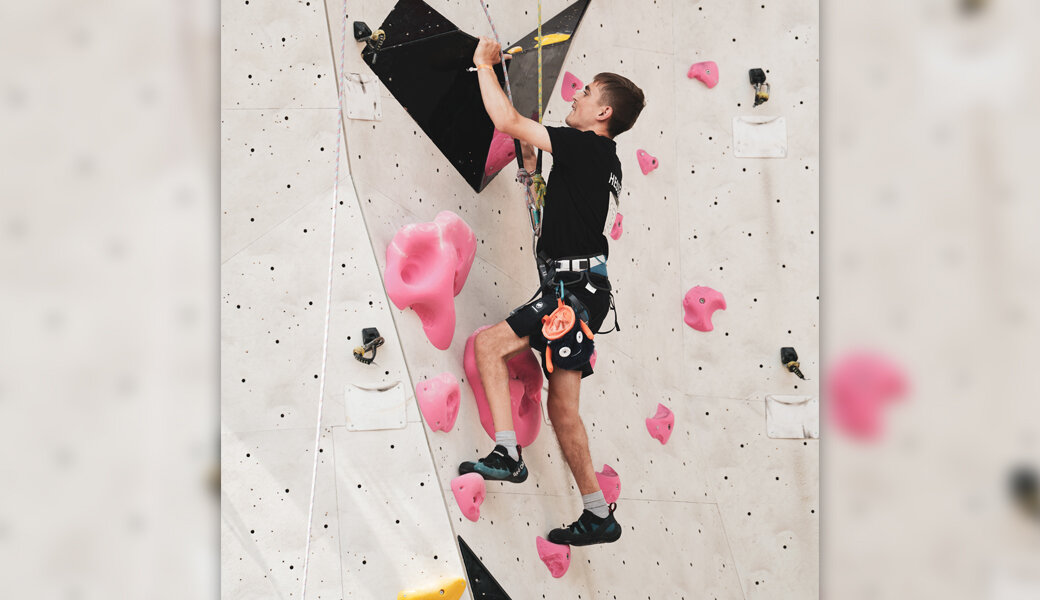When and how did you get into climbing and what kept you interested / fascinated in the sport?
I’ve been climbing since 2017. My physiotherapist, who has been with me since I was a small child, knew about my ambitions to get up and than got me climbing.
I kept interested in the sport because the height made me feel free. Moreover, climbing gave me the opportunity to move despite my disability.
Who was your childhood hero and do you consider yourself a role model now? Does it influence you at all that other people look up to you?
My childhood hero was “Wickie und die starken Männer” because he reminds me of myself. He was always couragerous and kept fighting eventhough he went through hard times. That’s exactly what my life reflects. For this reason I consider myself a role model.
That other people look up to me, motivates me even more, because I want to show the world that everyone can achieve their dreams.
What were the most important milestones in your life so far, both in climbing and in everyday life? Did you immediately recognize them as such or only later on?
The most important milestone in my life so far was learning how to walk with ten years. This opened up many new possibilities for me, for example climbing. I recognized it as such immediately because it was my biggest dream.
What were your greatest failures / setbacks / injuries? How did you cope with them and how did you come back from them?
My greatest setback was a knee surgery in 2015. This meant I could no longer walk and was in extreme pain, which is why I lost my will to live at times. Through intensive physio and equipment training over several months I was able to continue and my will to achieve things came back.
What is our favorite climbing related story/ experience?
My favourite climbing related experiences are the moments with the other Paraclimbers who support each other. I like to see how they are all positive despite their limitations.
A very special moment was when I made it to the finals at the world cup in Innsbruck, which I didn’t realise straight away. But my team realised it from the scoreboard and greeted me with cheers. The final itself was also a great experience I enjoyed standing in front of so many people and climbing to the sound of loud clapping.





